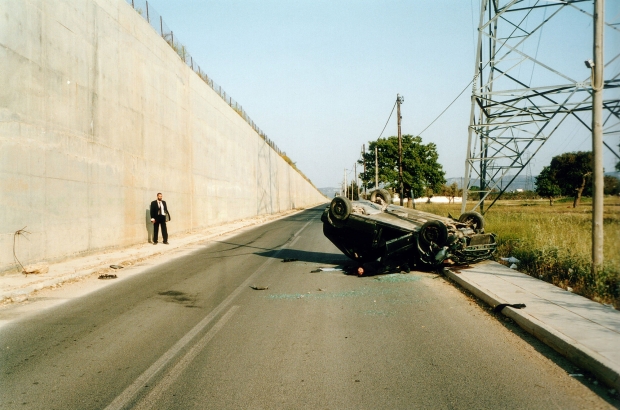- Daily & Weekly newsletters
- Buy & download The Bulletin
- Comment on our articles
Culture beat – February 27
Belgium is at the centre of World War One centenary commemorations this year. One of the first major exhibitions on the conflict is now open at the Royal Museum of the Army and of Military History, 14-18, It’s Our History!, and continues until April 26, 2015. It’s ambition is to explain the impact of the war on the world, including the repercussion of invasion on Belgium, the only country to be occupied for the duration of the four-year war. Visitors are taken on a five-stage journey which starts with the Belle Epoque, the period at the beginning of the 20th century when Europe ruled the world. From there to the assassination of Archduke Franz Ferdinand and his wife in Sarajevo in June 1914 and the ensuing power struggle that resulted in Germany’s invasion of Belgium. The suffering of soldiers in the trenches as well as the population’s starvation are detailed. The end of the conflict is placed in the larger context of European solidarity post second world war. Throughout the exhibition, personal testimonies and archive films act as a running thread.
Proving that adverse economics do not necessarily stifle creativity, is this film festival focusing on a new wave of Greek cinema from the past five years. Contemporary Greek Cinema at Bozar from March 4 to 20 is part of the arts centre’s programme celebrating Greece’s current EU presidency. Rising from the ashes of the financial meltdown are influential directors Giorgos Lanthinos (Canine, 2009) and Athina Tsangari (Attenberg, 2010). The festival screens eight films, the majority in the presence of the director. A concluding talk by Greek critic Michel Demopoulos on March 9 links the current wave of talent with other Greek filmmakers, including Theo Angelopoulos whose work is featured in a retrospective at Cinematek from March 26 to April 27.
There’s no shortage of action for film fans as long-running animation festival Anima opens tomorrow (Friday) at Flagey. It screens 143 films from 30 countries including 69 shorts in an international competition, 20 films in a national competition. The festival opens with Hayao Miyazaki’s The Wind Rises and closes on March 9 with Aunt Hilda by Benoît Chieux and Jacques-Rémy Girerd. Miyazaki is a master of the fantastic and this, his latest film remains true to form in depicting a a fictionalised account of a World War Two fighter plane designer. Plus guest directors Bill Plympton, Juan Pablo Zaramella and Theodore Ushev, animations on the theme of World War One, retrospectives and more. There are also screenings across the country.
A dance performance destined for the over eights is a touching and beautiful depiction of human relationships that will entertain all ages. Yosh (Japanese for ‘It’s good’, ‘okay’, ‘ready’) is on tomorrow evening (Friday) at the Théâtre La Montagne Magique. Seasoned Japanese artist Fujio Ishimaru (Théâtre de la Galafronie) accompanied by Elsa Debefve and Colin Jolet, combine dance, comedy, martial arts and contemporary dance.
Outside Brussels
If it’s half-term in Belgian schools then it’s carnival time with parades and parties across the country. The Unesco-recognised folklore celebrations see towns stomping to the beat of pipes, drums and clogged feet, not to mention men dressed as women and the habitual pelting of onions and oranges. Carnival capital is Binche in the Hainaut province where the legendary Gilles don wax masks parade on Shrove Tuesday. Malmedy, in the Eastern cantons, celebrates Cwarmê for four days from Saturday as does the carnival of Aalst, north of Brussels. The tradition dates from medieval times and ushers in the season of Lent.





















